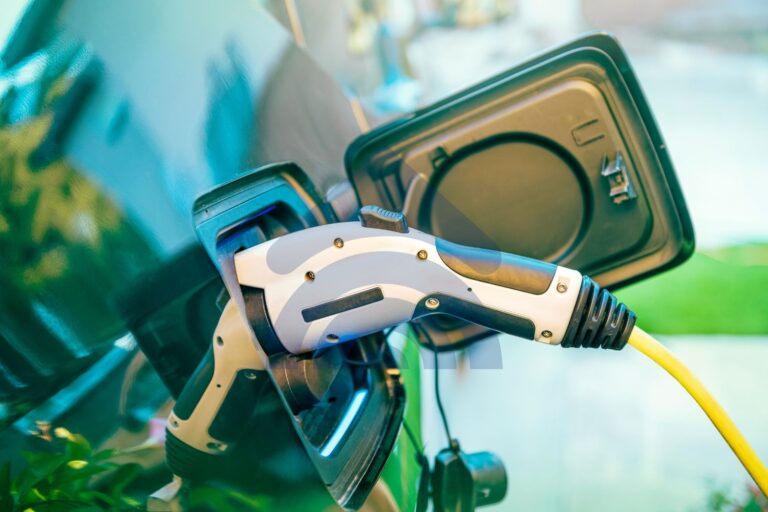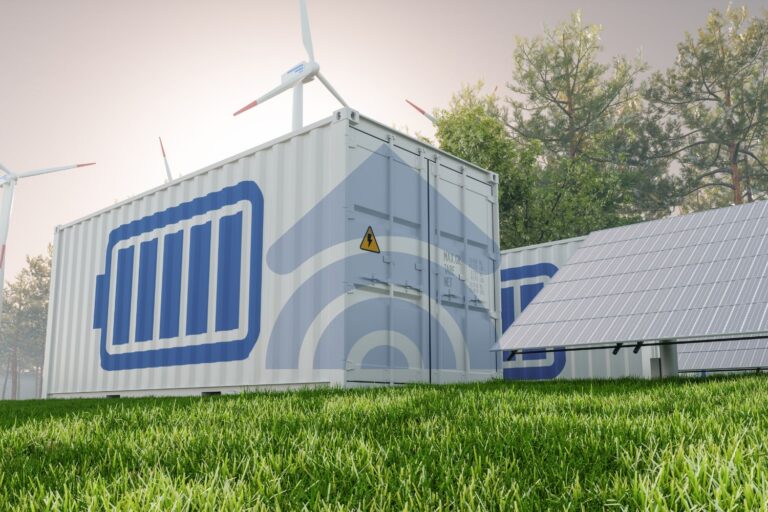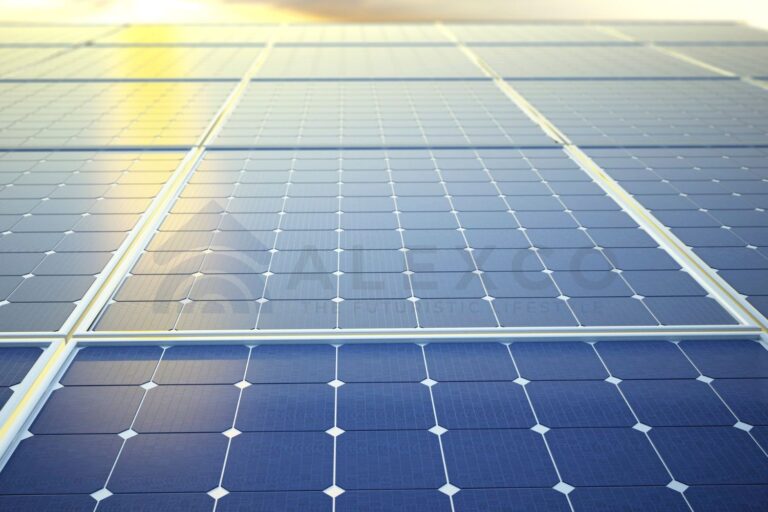As the world transitions to renewable energy, smart grids are emerging as one of the most transformative technologies in modern power systems. A smart grid is an advanced electrical grid that uses digital technology to monitor and manage the generation, distribution, and consumption of electricity. It integrates renewable energy sources, improves energy efficiency, and enhances grid reliability by using sensors, smart meters, and real-time data analytics.
The primary advantage of a smart grid is its ability to optimize energy distribution. By using sensors and meters, smart grids can detect outages, identify areas of high demand, and make adjustments in real-time to balance the load. This reduces waste and ensures that energy is delivered where it is needed most. For example, during periods of high demand, a smart grid can direct excess energy from solar or wind power to areas with insufficient supply.
One of the most significant aspects of smart grids is their ability to integrate distributed energy resources (DERs) such as solar panels, electric vehicles, and small-scale wind turbines. These distributed sources of energy can feed power back into the grid, creating a more decentralized and resilient energy system. This also means that homes and businesses can generate their own energy and reduce their reliance on the central grid.
Energy efficiency is another key component of smart grids. By allowing consumers to track their energy use in real time, smart meters help individuals and businesses better manage their consumption. Many smart grids incorporate demand response programs, which incentivize users to reduce energy consumption during peak hours, saving money and alleviating pressure on the grid.
The integration of renewable energy sources with smart grids is also vital for reducing carbon emissions. Smart grids can manage the intermittency of renewable energy, ensuring that wind and solar power can be used even when weather conditions are not ideal. The result is a cleaner, more reliable energy system.
With ongoing advancements in IoT (Internet of Things) technology and machine learning, smart grids are poised to revolutionize the way we generate, store, and consume electricity. As the global demand for renewable energy continues to rise, the role of smart grids in ensuring an efficient, resilient, and sustainable energy system will only grow.





